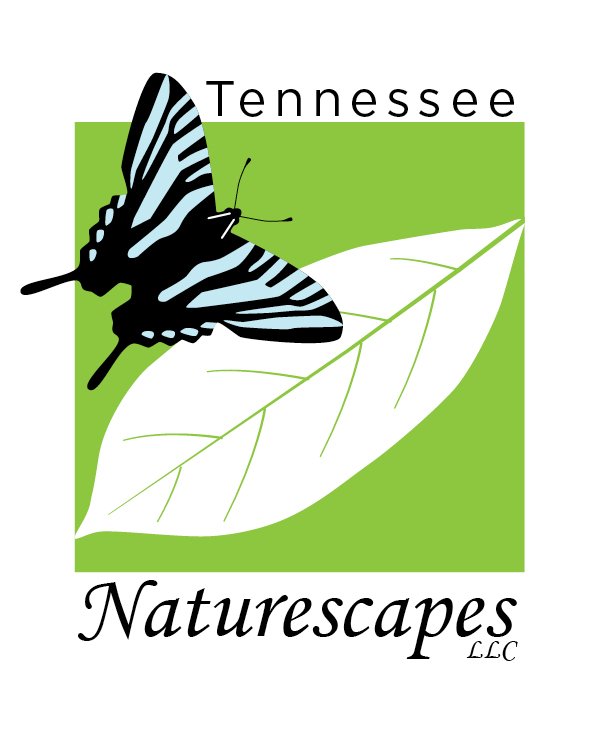Once Upon a Time nobody bagged their leaves
and sent them to a dump..and that was great!
As some might hurry to rake the leaves from their yard to prevent the leaves from smothering* their lawn, why not to actually try that procedure this year ?
If you read our earlier newsletter, you remember we talked a lot about the impact that lawn monoculture has to our biodiversity and wildlife food chains. This time of the year Mother Nature will provide her own recipe to help get rid of excess lawn - if you have deciduous trees around you.
Leaves are not Litter!
Leaf litter make a warm blanket that protect the roots from the cold of winter and will eventually turn back into nutrients that nourish other plants! Many moths and butterflies overwinter as cocoons, eggs, and caterpillars in leaf litter. Therefore, we discourage mowing your leaves so that these fragile stages will remain unharmed. Also, queen bumblebees burrow into the ground to hibernate and they greatly appreciate the insulation.
Leaves are a good source of nutrients for many important "recycling agents" of the earth like snails, millipedes, and earthworms. These insects will become themselves a meal for many of bird species. It is common to see birds jumping and sieving though leaf piles looking for yummy food!
If you must keep your lawn leaf-free, maybe you could find or dedicate a spot to pile your leaves. and where they will decompose naturally. If you leave your pile untouched for 1-3 years it will have become leaf mold, a soil amendment, which is high in calcium and magnesium and retains 3-5 times its weight in water.
We also suggest using a traditional rake to enjoy natural sounds of fall! Gasoline powered leaf blowers will ruin the enjoyment with their noise and deprive you of the opportunity for heathy exercise ;-)
-
How to use leaves:
1. Mulch around your perennials and shrubs
2. Expand your existing garden beds by piling leaves next to them
3. Add in an active compost
4. Pile in a leaf cage to compost passively
5. Mulch blueberries with pine needles if you have pine trees
Additional reading:
What to do With Fallen Leaves - National Wildlife Federation
Leave the Leaves! - The Xerces Society
(This article was originally published in our newsletter on October 23rd 2021)

